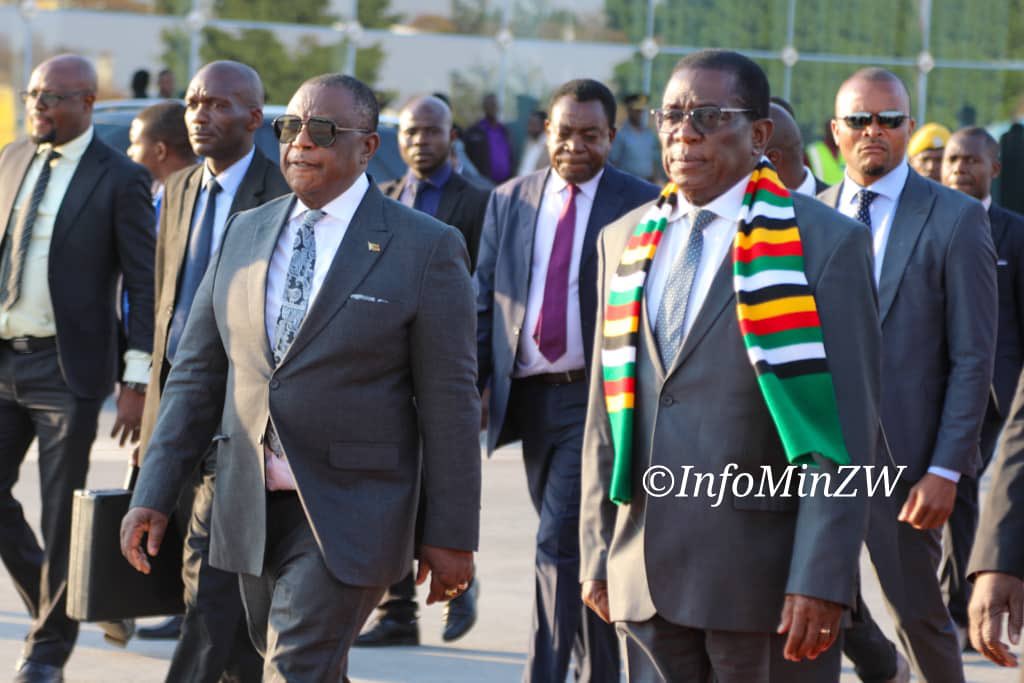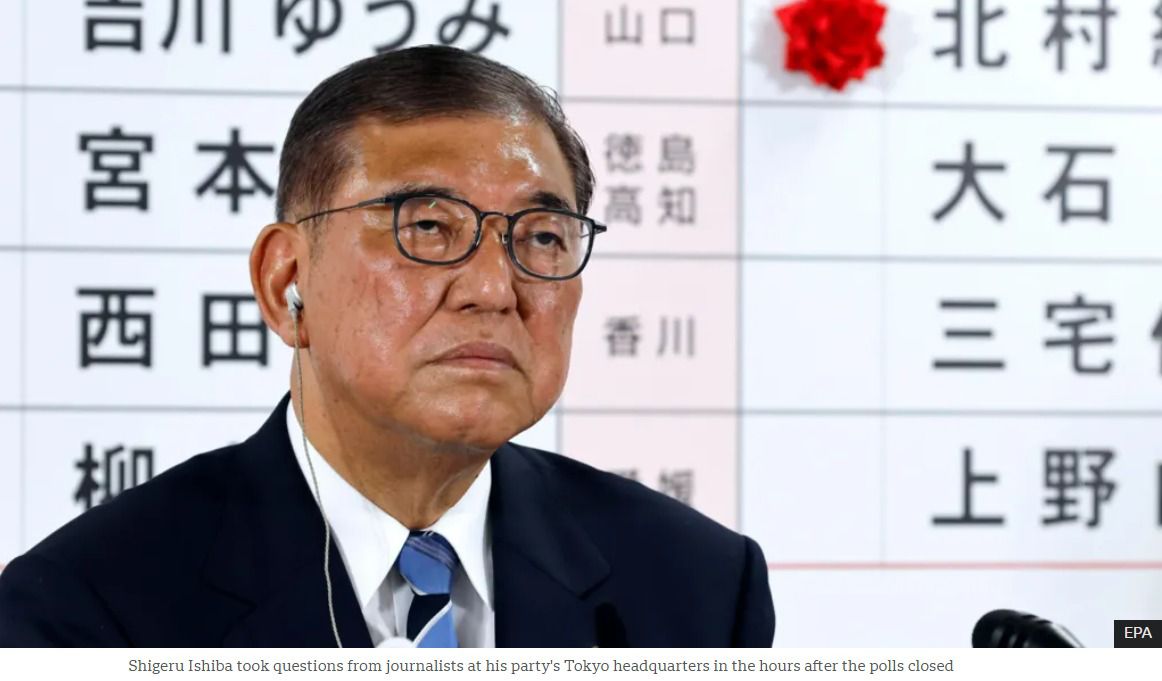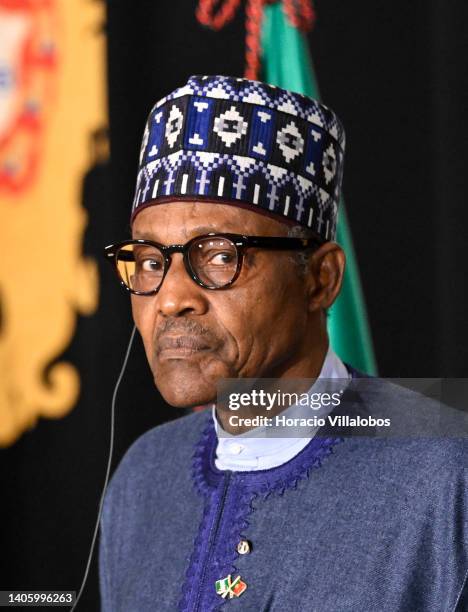President Emmerson Mnangagwa’s allies are allegedly offering a staggering US$120,000 to each Member of Parliament in exchange for their support in amending the constitution to extend his rule until 2030, according to sources.
The move has sparked outrage among civic groups and opposition forces, who accuse the ruling elite of attempting to subvert democracy through bribery and coercion.
The controversial “ED2030” agenda has been gaining traction within Zanu PF, despite Mnangagwa’s public denials that he seeks to overstay his constitutionally mandated two-term limit. However, insiders claim that the President’s loyalists are working behind the scenes to orchestrate legal manoeuvres that would allow him to remain in power beyond 2028.
Civic groups under the Crisis in Zimbabwe Coalition have vowed to resist these attempts, branding them a “self-serving scheme” designed to entrench authoritarian rule. The coalition, which brings together civil society, labour unions, churches, students, and opposition figures, convened an emergency meeting this week to strategise against what they call an unconstitutional power grab.
“The meeting tasked the Crisis Coalition to build an inclusive broad-based movement, from all sectors of society, to defend democratic space and resist this proposed constitutional amendment,” read part of the coalition’s communique.
Mnangagwa, who officially began his first full term in 2018 after controversially securing victory in the disputed election, is legally required to step down after his second term ends in 2028. However, his supporters are pushing for an extension, arguing that his leadership is essential for Zimbabwe’s long-term development.
The alleged bribery of MPs has added fuel to the already fiery debate. Critics argue that if Mnangagwa’s continued rule was genuinely popular, there would be no need to offer financial incentives to secure votes in parliament. The push for constitutional changes has also revealed divisions within the opposition, as some legislators from the Citizens Coalition for Change (CCC) are reportedly backing the proposal, raising questions about political horse-trading behind the scenes.
A constitutional amendment allowing Mnangagwa to extend his rule would require approval by parliament and a national referendum, making the process legally complex. Despite this, his inner circle is said to be exploring ways to manipulate legal frameworks to ensure his continued grip on power.
Determined to counter these efforts, the Crisis Coalition has vowed to mobilise citizens, hold demonstrations, engage with international diplomats, and pursue legal action to block any constitutional amendments. The group is preparing to launch a nationwide “VOTE NO” campaign should a referendum be called.
“There is a critical need for robust national mobilisation efforts that prioritise community consultation aimed at safeguarding the constitution and nurturing a culture of constitutionalism,” the coalition stated.
The organisation also warned that Mnangagwa’s ambitions would set a dangerous precedent, allowing future leaders to manipulate the law to entrench themselves in power.
The controversy surrounding Mnangagwa’s potential term extension comes at a time when his government faces mounting accusations of corruption, with critics pointing to his family’s growing influence over key state institutions and economic deals. His son, David Kudakwashe Mnangagwa, was controversially appointed as Deputy Finance Minister, while his twin sons are heavily involved in the family’s business empire.
With political tensions mounting, Zimbabwe faces a period of uncertainty as opposition forces, civic groups, and Mnangagwa’s allies prepare for a potential constitutional showdown. While the President continues to downplay speculation about his intentions, the behind-the-scenes push for an extension suggests a battle for Zimbabwe’s future is well underway.
If the Crisis Coalition and other opposition forces succeed in rallying nationwide resistance, Mnangagwa’s bid for a 2030 extension may face formidable hurdles. However, if Zanu PF’s deep-rooted influence over state institutions prevails, Zimbabwe could be heading towards yet another chapter of constitutional manipulation in its tumultuous political history.











